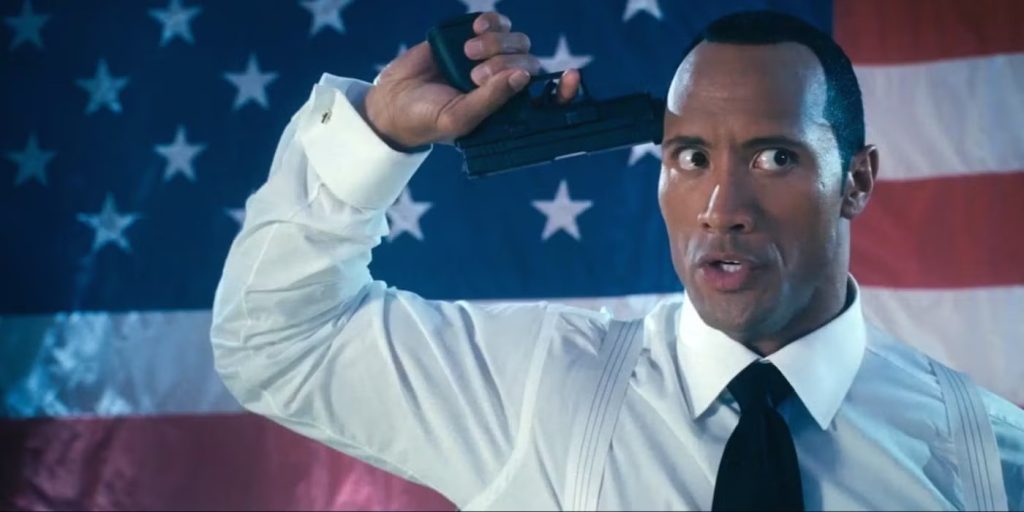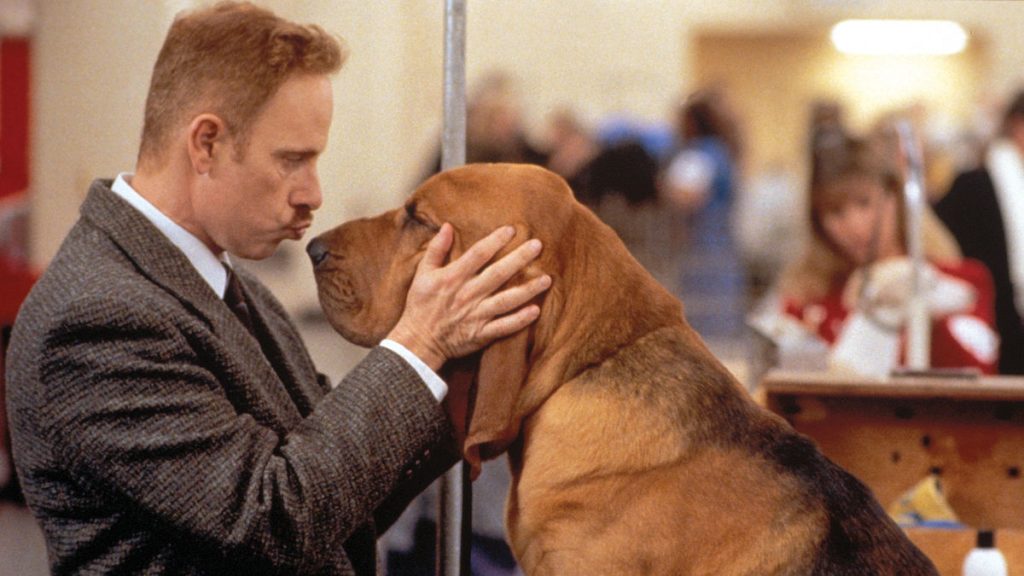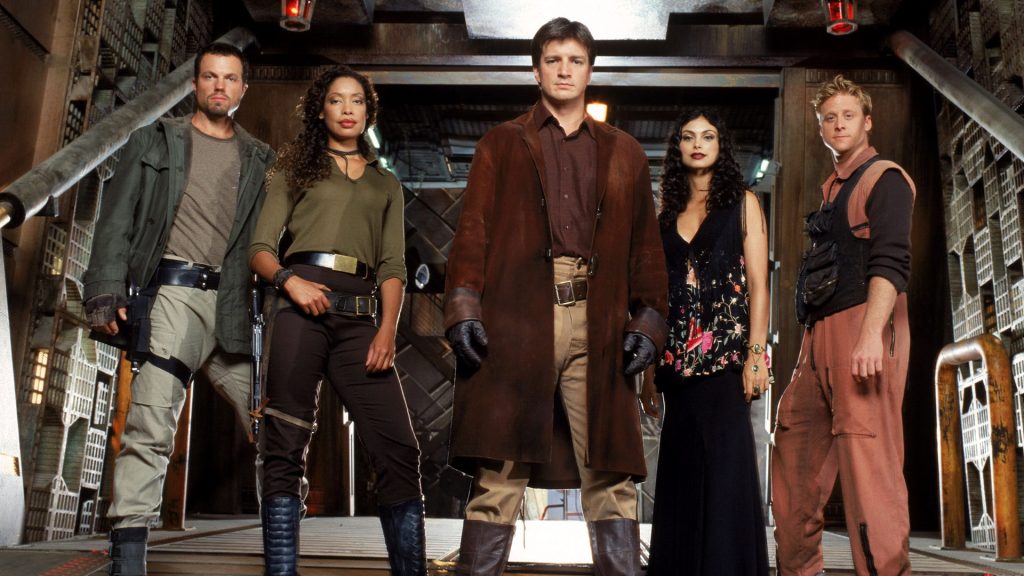For Valentine’s Day, we’re looking at the wide variety of onscreen relationships: movies about ill-fated couplings, toxic partners, and unconventional romances, to help offset the sticky-sweetness of the season. Follow along here.
A New Leaf starts with a weak heartbeat. If that doesn’t clue you in to the kind of romance on offer, stick around for a minute and you’ll find out the pulse belongs to a Ferrari 275 GTB/4.
“I liked it because I realized the guy, the hero, was going to kill this woman,” said writer-director-star Elaine May in a Halley’s Comet-rare interview for Film Comment. “And I thought he’s going to kill her and he’s not going to realize that he likes her.”
The attempted murderer in question is Henry Graham, the kind of Ferrari owner that only refers to it by model number. His trusty steed is so untrusty that Henry has to take it into the shop every time he drives it. “Carbon on the valves,” they say. But to a man like Henry, the fussier something is, the more valuable it must be.
Which is why the unexpectedly broke Henry tries to withhold the car from the rest of his collateral when pitching his filthier, richer uncle for a loan. But blood isn’t much thicker than a dotted line, so the best deal he can get is $50,000 and six weeks to marry a woman wealthy enough to pay it back. The murder is just because he doesn’t like people in general: “She’ll be everywhere… touching things.”
The terminally eligible Henry calls to mind a Cary Grant type, even down to his provenance; Jack Ritchie’s original short story, “The Green Heart,” first appeared in Alfred Hitchcock’s Mystery Magazine. Walter Matthau, however, is not a Cary Grant type. Among the supper club crowd, he’s a kissed frog stuck just shy of princehood.
May wanted Christopher Plummer. Paramount wouldn’t foot the bill without Matthau, still white-hot off a more famous movie about odd coupling. But when the powers that be insisted on Carol Channing for a better half, the writer came to his rescue. “It has to be someone who really disappears,” she insisted. “It’s the guy’s movie.” The studio offered to let her do the disappearing (for no additional pay) if she cared that much about it. So Elaine May starred for the same reason she directed – self-defense.
The girl arrives in the guy’s movie 27 minutes in, blocked by a hat. Her first words come three minutes later, an omen: “I’m terribly sorry.” In between, she drops two gloves, a spoon, and a teacup. “Did I say she was primitive?” seethes Henry after successfully popping the question, “I retract that – she’s feral.”
But bug-eyed botanist Henrietta Lowell refuses to annoy. The only victims of her pathological butterfingers are the snobs that sneer behind her back and the husband plotting her demise in front. Her expletive of choice is “heavens.” She’s flustered by the very thought of her suitor’s presence. If Henry seriously intends on turning her into mulch, May-the-actress doesn’t make it easy for him.

To his credit, he applies himself to homicide. Henry commits her frond trivia to memory, making an absolute meal out of the word “Bougainvillea” days after first hearing it. He proposes by comparing their star-crossed taxonomies. By the time Henrietta discovers her own species, Alsophila grahami, Henry has studied enough to understand exactly what she’s sacrificing by naming it in his honor. Until then it’s an unspoken sight gag that anyone this rich would have the complexion of a basset hound, but in that moment of realization, Matthau lets all his lines show – the tin man has carbon on his valves.
May learned to love Matthau, not that he made it easy – it took him a while to call her anything but “Mrs. Hitler” on set. She also learned to love the process, albeit the hardest way possible. The first-time filmmaker was so exacting about her first cut that it took ten months of editing and ran three hours long. Paramount head Robert Evans hacked it down to 102 minutes and sentenced it to theaters. What A New Leaf lost in translation is what drew May to the story in the first place – “I wanted to do the first comedy in which someone got away with murder.”
As released, Henry doesn’t kill any of his competition for Henrietta’s fortune. Instead, he merely studies her passion. Tolerates her favorite drink. Balances her books. Brews her coffee. Cooks her dinner. Helps her get her head through the correct hole of a nightgown for a world-record two minutes. Etcetera. Henry’s saint-patient butler Harold provides the moment of clarity: “This very helplessness has been the stimulus of your own amazing new competence.”
More ink has been spilled about Elaine May’s celluloid footprint than her directorial voice – so what if her third film, Mikey & Nicky, took triple the yardage of Gone With The Wind. Her competence has been called into question since she became the third woman ever inducted into the Director’s Guild of America. On A New Leaf, May was the first to wonder; she had to ask comedy partner Mike Nichols, already two movies deep in his own directing career, how to say, “Action.” But by the end, she wasn’t just competent, but meticulous. Fussy, even.
Love is cleaning the carbon off the valves. Isn’t that romantic? Like Henry says, when Henrietta asks if he’d mind spending the rest of his life pruning the tags off her sweaters.
Not terribly.
“A New Leaf” is available for digital rental or purchase.



